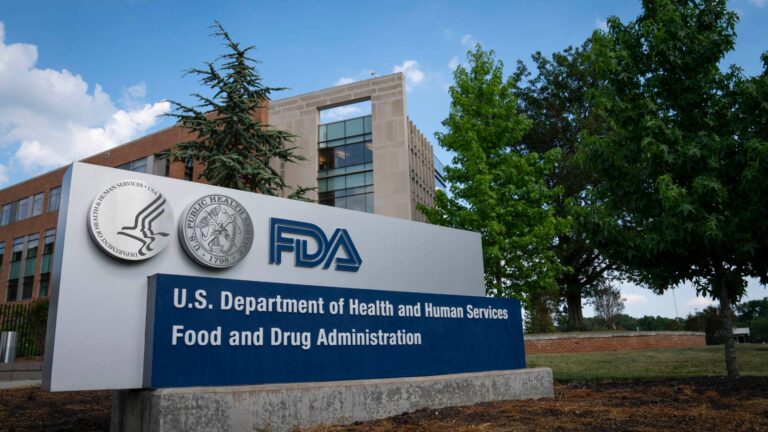Aug. 11, 2017 – The results of a recent study conducted by the FDA and RTI International has concluded that a revised, briefer risk statement in broadcast direct-to-consumer (DTC) ads improves risk and benefit recognition and risk recall. As such, a move toward communicating a limited number of risks and including a disclosure alerting consumers that not all risks are included in the ad “may be an effective strategy for communicating product risks,” the study abstract states.
“Only the TV ad sellers and the lawyers love the current system, which isn’t working for consumers,” said Coalition for Healthcare Communication Executive Director John Kamp. “Great advertising requires short, simple messages. It’s time for the FDA to act.”
The objective of the study, which was proposed in 2014, was to “examine the impact of type of risk statement (unedited versus serious and actionable risks only) and a disclosure indicating that not all risks are presented on consumers’ ability to remember the important risks and benefits of a drug following exposure to a [DTC] television [ad],” the study abstract states. The study also examined “risk and benefit perceptions, ad-prompted actions, recognition of the disclosure statement, and evaluations of both the disclosure and risk statement.”
Two versions of ads (original and altered with disclaimers) for three drugs – Abilify (depression), Crestor (cholesterol) and Lunesta (insomnia) were shown to the study subjects, most of whom better grasped the product benefits when fewer risks were discussed, according to the study report.
“Although some variation in outcomes between the three medical conditions was observed, the general pattern of effects observed is compelling,” the report states. “Arguably, this alternative approach is a viable one, and one that policymakers could consider.”
However, there has been no comment from the FDA on how the study might affect future policy regarding major risk statements in DTC ads.
“This study obviously raises some considerations for the FDA as it reviews its policies on DTC advertising. It’s no surprise that present advertising seems to overwhelm the viewer with risk information, as companies seek to comply with current FDA policies,” said Wayne Pines, president, health care, APCO Worldwide.
“At the same time, there is a legitimate concern among industry lawyers about the need to disclose risk information adequately,” Pines told the Coalition. “Hopefully there will be a lively debate on what amount of risk information should be included in DTC advertising, and should the FDA decide to change its policies it will be interesting to see how industry reacts.”
According to Coalition Executive Committee Chair Sharon Callahan, CEO, TBWA WorldHealth, Omnicom, the direction the agency should take is clear. “It’s pretty simple,” Callahan said. “If you want to talk to lawyers, talk like a lawyer. If you want to talk to people, talk like a person.”




